The Irish government has announced its intention to significantly increase financial support for those who agree to voluntarily return to their home country Ukraine.
The initiative aims to encourage participants in the international protection process – particularly those whose applications have been closed or rejected – to make use of the voluntary return program and avoid forced deportation. Officially, this concerns an increase in the amount of “reintegration assistance,” which is financial aid provided after returning home.
This was reported by Justice Minister Jim O’Callaghan, according to Chas Diy citing blik.ua.
What amounts are being considered by the government
Under the current program, people could receive up to €1,200 per person or up to €2,000 per family. Under the new proposals, these limits will increase significantly:
- Up to €2,500 per person,
- Up to €10,000 per family (in certain cases and under specific conditions).
Justice and Migration Minister Jim O’Callaghan announced the changes as a way to make the voluntary return program more appealing and effective.
Who is eligible for assistance and how the voluntary return program works
The voluntary return program is intended for those who do not have legal status in the country, as well as for individuals whose applications for international protection have been withdrawn or rejected. The assistance covers travel expenses and initial reintegration costs in the country of origin — for example, access to education, starting a small business, or other activities that help people adapt after returning home. The government emphasizes that this is an alternative to forced deportation, which is costly for the state and creates additional legal procedures.
Criticism: charities call the scheme “unethical”
The announcement of increased payments immediately sparked criticism from human rights organizations. The Irish Refugee Council and other NGOs stated that financial incentives should not replace guarantees of safety and the proper legal basis for resolving protection cases.
Critics also warn that raising the payments could create pressure on vulnerable groups, forcing them to decide to return under economic coercion.
Representatives of these organizations have called on the government to ensure transparency and provide clear information about the consequences for those who agree to voluntary return.
Expected impact according to authorities and what analysts say
The government expects that increasing the payments will boost the number of voluntary returns and reduce the burden on the forced deportation system, which is more costly and resource-intensive for the state.
Supporters of the initiative also highlight operational benefits:
- faster decision-making,
- lower legal costs,
- better coordination with international partners.
Opponents point to the risks of encouraging people to return to uncertain or dangerous conditions if the decision is driven solely by financial gain.
Tags: cash incentive EMPR.media European news Ireland policy migrant aid Ukraine refugees voluntary return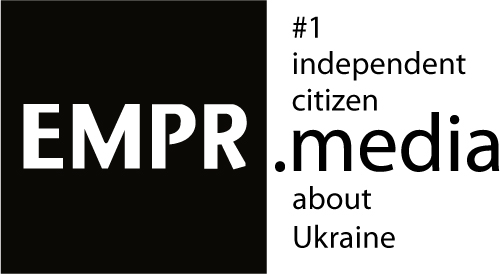
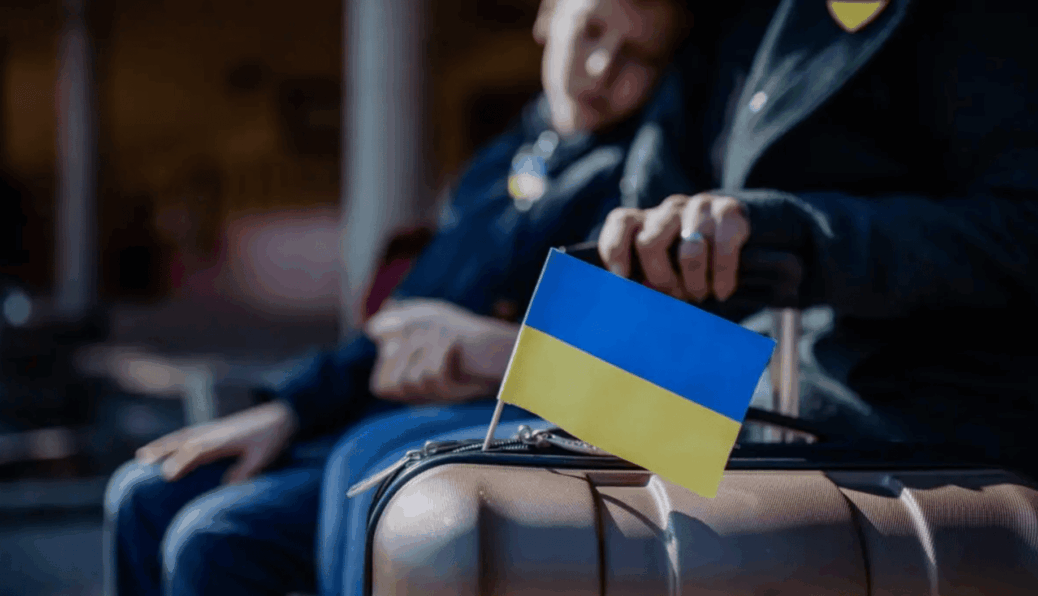


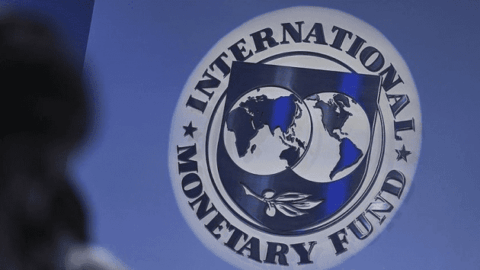
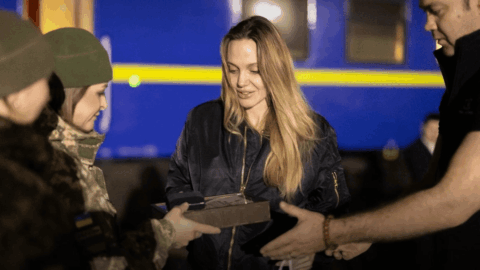
![Ukrainian Roboneers and Latvian partners at the signing of a defence robotics and underwater technology cooperation memorandum. :contentReference[oaicite:2]{index=2}](https://empr.media/wp-content/uploads/2026/02/oboronka-480x270.png)
![Ukrainian artist creating work by candlelight and natural illumination during blackout while expressing war-era resilience and cultural creativity.:contentReference[oaicite:1]{index=1}](https://empr.media/wp-content/uploads/2026/02/roman-480x270.png)



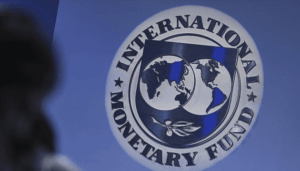
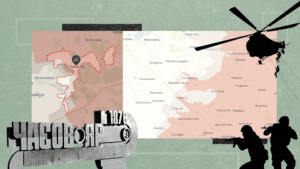
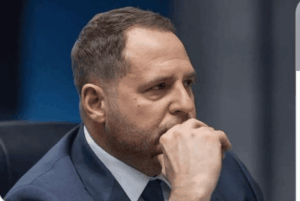



![Visitors at the “Thank You With All My Heart” Ukrainian exhibition at the Council of Europe, featuring the Great Amber Heart and powerful war art. :contentReference[oaicite:2]{index=2}](https://empr.media/wp-content/uploads/2026/02/heart-300x171.png)



![Ukrainian Roboneers and Latvian partners at the signing of a defence robotics and underwater technology cooperation memorandum. :contentReference[oaicite:2]{index=2}](https://empr.media/wp-content/uploads/2026/02/oboronka-300x168.png)